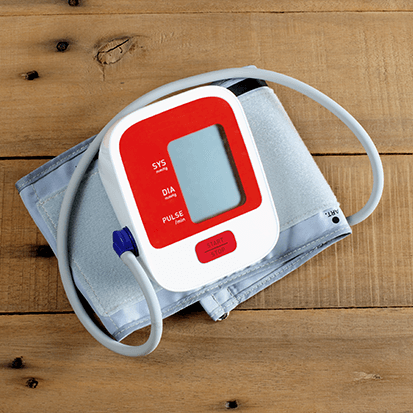All Categories
Featured
Table of Contents

Regular eye evaluations are important for preserving good vision and identifying possible eye health and wellness problems early. The regularity of these exams can vary substantially based on an individual's age, lifestyle, and total health and wellness. Understanding the recommended timetable for eye tests can help make sure that people of all ages get appropriate treatment and surveillance for their eye health and wellness.
Newborns and Toddlers (0-2 Years)
For young children and babies, eye tests are crucial for finding any kind of potential vision troubles at an early stage. The American Academy of Ophthalmology recommends that a kid's very first eye exam must occur at around six months of age. During this first check out, the eye treatment specialist will certainly evaluate the kid's aesthetic growth and check for any evident eye issues.Following this initial test, it is recommended that youngsters have another eye examination at age 3. This check out will concentrate on analyzing the kid's overall aesthetic feature, including eye placement and the capacity to track items. If no problems are found, the next test needs to be scheduled prior to the kid begins institution, normally around age five or six.
School-Aged Kids (6-18 Years)
Once kids reach school-age child, normal eye tests ought to be set up every one to two years. Vision is vital for learning and advancement, and lots of schools conduct vision screenings. Nevertheless, these testings do not change an extensive eye test by an eye treatment professional.For children associated with activities or sporting activities requiring significant visual emphasis, annual eye tests might be a good idea. Additionally, if a youngster displays indications of vision issues-- such as problem checking out, squinting, or constant frustrations-- a visit to the eye physician should be arranged as soon as possible.
Youthful Grownups (19-39 Years)
Young grownups normally have less vision modifications than older age teams, yet normal eye exams continue to be crucial. The general referral is to arrange an eye examination every two years during this period. People with certain threat variables-- such as a family members history of eye disease, diabetes mellitus, or those who use get in touch with lenses-- need to consider yearly eye examinations.In addition, those that invest significant time on digital tools might experience electronic eye strain. If symptoms such as dryness, fatigue, or obscured vision occur, it might be smart to see an eye care expert sooner.
Grownups (40-64 Years)
Adults aged 40 to 64 must schedule eye tests every one to 2 years. Eye examinations can additionally assist discover various other common age-related conditions such as glaucoma, cataracts, and macular deterioration.If individuals in this age have risk elements such as hypertension or diabetic issues, they might need even more frequent examinations to monitor their eye health and wellness carefully.
Elders (65 Years and Older)
For seniors, regular eye tests become even more critical. The American Optometric Association suggests that people aged 65 and older have an eye test at least when a year.Conclusion.
Recognizing the appropriate routine for eye exams based upon age is crucial for maintaining ideal eye health and wellness throughout life. From infants to elders, regular eye examinations play a crucial duty in detecting issues early and making sure that vision stays sharp. By sticking to these guidelines and speaking with an eye treatment expert, people can take aggressive actions towards protecting their vision and total health. Whether it's a child's initial go to or an elderly's annual examination, focusing on eye care is an investment in long-lasting wellness.Latest Posts
A Historic Coastline Location with Modern Thrills
Published Apr 11, 25
1 min read
A Historical Coastline Location with Modern Thrills
Published Apr 07, 25
1 min read
Experience Coastal Sophistication at Deauville Inn
Published Mar 28, 25
1 min read